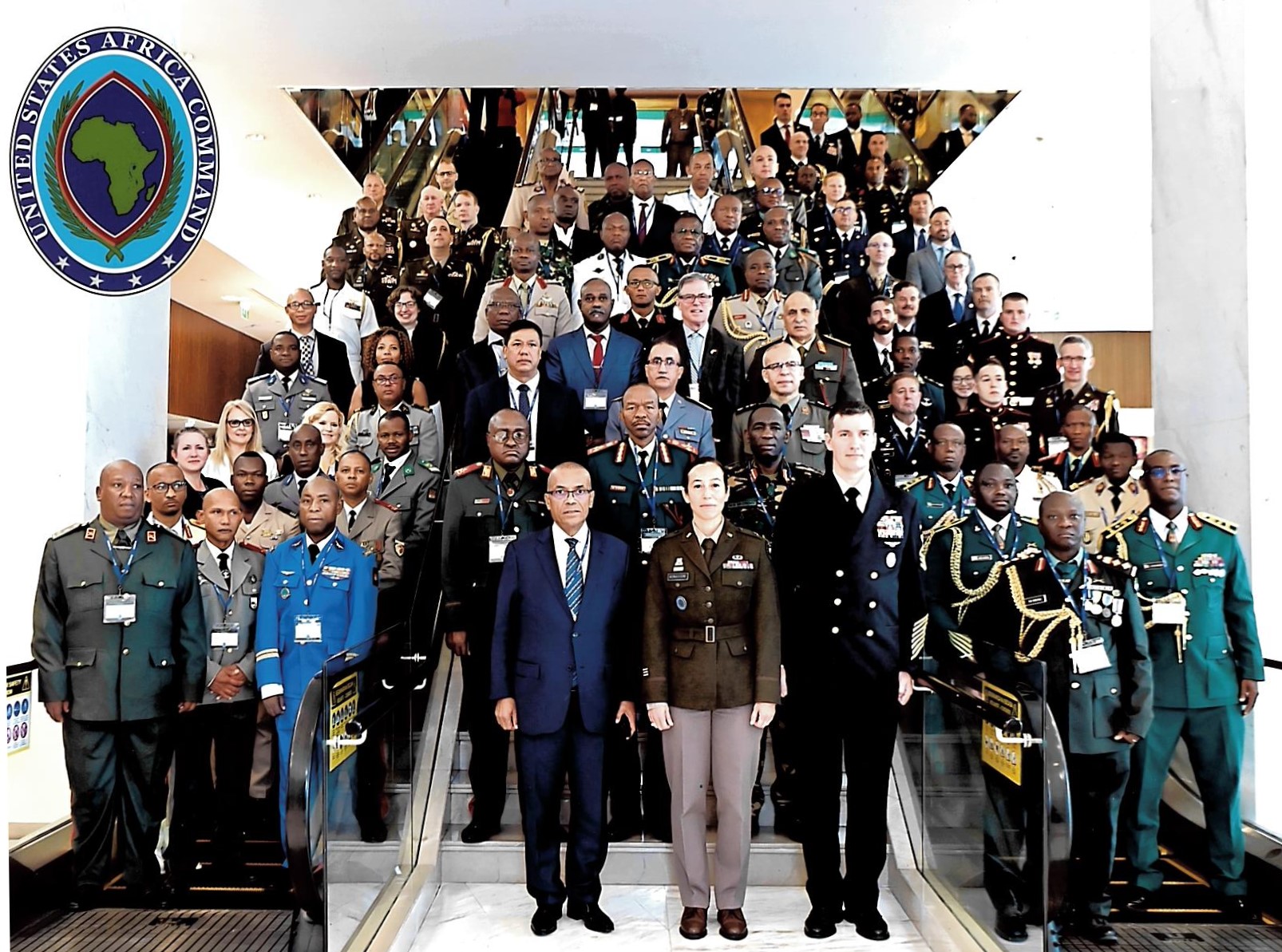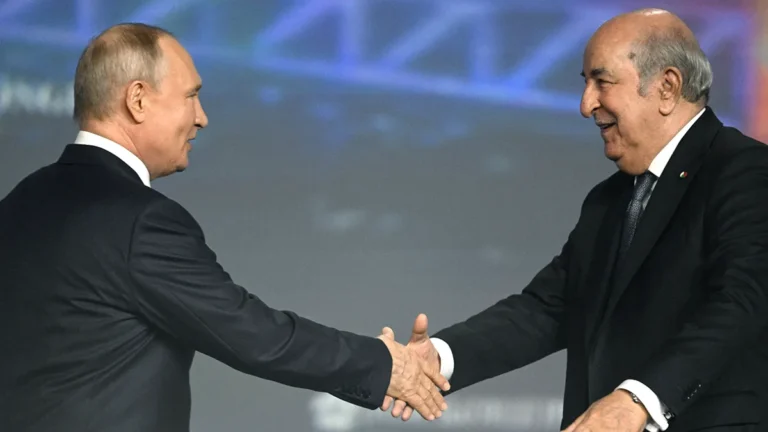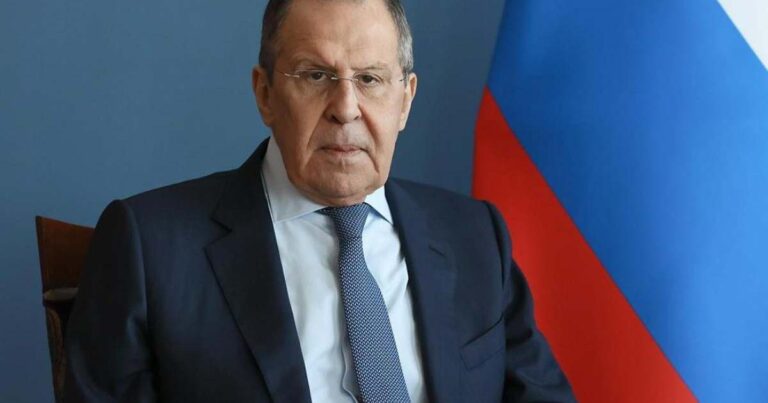Angola’s rise in African military rankings sparks debate over real power and strategic gaps

Angola has earned a top-tier position in Africa’s latest military power rankings, landing sixth on the continent and 56th globally, according to the 2025 Global Firepower Index.
With a PowerIndex score of 1.09, the recognition positions Angola as a significant force in African defense.
Yet behind the numbers lies a more complex picture of potential and pressing vulnerability.
The Angolan Armed Forces (FAA) boast approximately 117,000 personnel across the Army, Navy, and Air Force, underscoring a mature command structure and nationwide presence.
Situated strategically on the Atlantic coast and within the Southern African Development Community (SADC), Angola also plays a growing role in maritime security and regional stability.
“Military power is the ultimate expression of state sovereignty and the reflection of its capacity to project power in time and space,” noted French philosopher Raymond Aron.
Angola’s ranking raises a pivotal challenge: how to translate this numerical strength into lasting strategic advantage?
Despite its gains, Angola’s defense sector faces persistent shortcomings.
Much of its equipment is Soviet-era and technologically outdated, with maintenance and modernization lagging behind.
The Air Force remains limited in its reach and surveillance capabilities, while the Navy lacks oceanic operability, undermining Angola’s ability to protect its maritime territory.
“Combat capacity depends less on numbers and more on strategic and technological quality,” military analyst Ken Booth observed.
Cybersecurity is another blind spot. With virtually no digital defense infrastructure, Angola risks falling behind in the modern battlespace.
“Digital networks are the new arena where the security of nations is decided,” warned sociologist Manuel Castells.
To address these gaps, experts propose a sweeping transformation agenda: investing in military technology, fortifying naval and air power, establishing a dedicated cyber defense command, and modernizing military education.
“Technological sovereignty is the basis of strategic autonomy,” said Brazilian diplomat Celso Amorim.
Strategic military diplomacy is also gaining momentum.
Angola has increased its role in peacekeeping and regional conflict mediation, aligning with Joseph Nye’s notion of “smart power” — blending force with diplomatic leverage.
Security in Angola, however, is not just a defense issue; it is integral to national development. Strengthening the FAA could bolster border control, disaster response, youth training, and civil-military cooperation.
“The defense of the territory is also the defense of citizenship and national dignity,” said General João Baptista de Matos.
Long-term, the country must expand its maritime surveillance to safeguard its Exclusive Economic Zone — home to vast untapped resources — and enhance its contributions to global peace efforts through multilingual, interoperable, and strategically prepared troops.
As Angola eyes the future, the path to becoming a reference military power hinges not just on hardware, but on innovation, intelligence, and its ability to lead by example.
As Amílcar Cabral once inspired, “Weapons should not only protect the country; they should also sow its future.”



